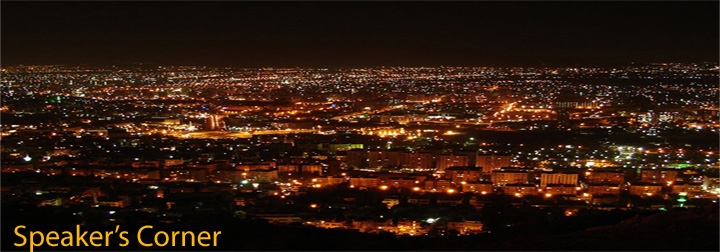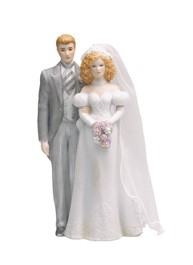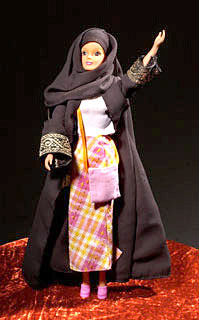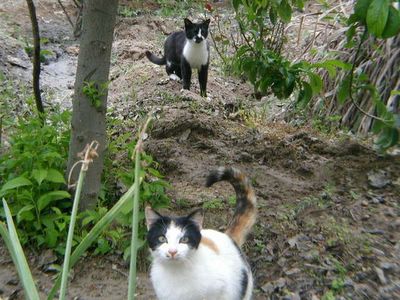Ice Cream Cone...a Syrian Invention?
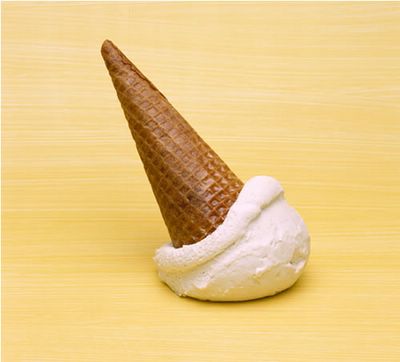
An ice cream cone is a cone-shaped pastry, usually made of a wafer similar in texture to a waffle, in which ice cream is served, permitting it to be eaten without a bowl or spoon.
The edible ice cream cone is popularly believed to have been invented at the 1904 Louisiana Purchase Exposition, where Mr. Ernest Hamwi was selling Zalabia, crisp wafer-like pastries baked on a waffle iron. Because of the high demand, the ice cream booth next to Hamwi's stand ran out of dishes. Mr. Hamwi quickly rolled one of his pastries into a cone shape to assist his neighboring vendor. Within a few seconds, the cone cooled and hardened and THE FIRST ICE CREAM CONE WAS SERVED
There were several claims to the invention of the ice-cream cone at the fair; all made many years after the fact. Cookbooks generally credit Hamwi. The International Association of Ice Cream Manufacturers recognizes him as the inventor of the ice cream cone
